On March 9, the Biden administration may have felt that it dodged a bullet when conservative Yoon Suk-yeol was elected president of the Republic of Korea (ROK, aka South Korea) for a five-year term.
Unlike his defeated leftist opponent and the previous Moon Jae-in administration, Yoon strongly supports the ROK-U.S. alliance. Its military component favors a tough stance toward North Korea, is suspicious of China, and is even willing to get relations with Japan back on track.
Now American and South Korean alliance managers can get to work rebuilding defenses—and doing what’s necessary to handle North Korea while keeping an eye on China’s steadily expanding military might.
Focusing on defense is important—and essential. But the Americans should also pay close attention to the South Korean economy. This will do as much to bolster the alliance as anything on the defense front.
You see, Yoon and the conservatives (by definition “pro-American”) won by a razor-thin margin–about 250,000 votes out of 34 million votes cast. And while foreign affairs and North Korea are not unimportant to many voters, it’s the economy that matters most for a majority. Former Moon’s leftist administration’s failure to deliver on the economy—jobs and housing in particular—over the last five years is most likely what sunk the leftist candidate two weeks ago.
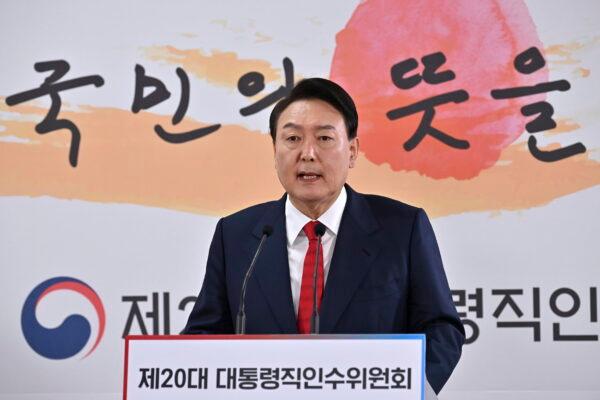
So helping Yoon improve South Korea’s economy—and getting credit for it—is in Washington’s self-interest, if not an urgent strategic imperative.
Recent history explains why Team Biden should act soon if U.S. and South Korean defenses are to be strengthened, a less accommodating stance toward China and North Korea is to be taken, and ROK-Japan ties to be improved.
In 2017, the United States deployed a THAAD anti-missile defense system in South Korea. The Chinese complained—and also did something about it.
Beijing put fierce economic pressure on South Korea generally and on the vast Lotte Group’s operations inside China specifically. Lotte had provided the land for basing THAAD batteries in ROK. The pressure was such that Lotte ultimately shuttered its China operations. Other strong-arm tactics included restricting Chinese tourism to South Korea and blocking online trade in South Korean goods. The South Korean economy—and citizenry—took a massive hit.
Reeling from the Chinese economic assault, then-President Moon (who was already at best ambivalent toward the United States) offered up the “three nos” to Beijing: 1) no additional THAAD deployments; 2) no participation in an integrated U.S. missile defense network; 3) no trilateral alliance with the United States and Japan.
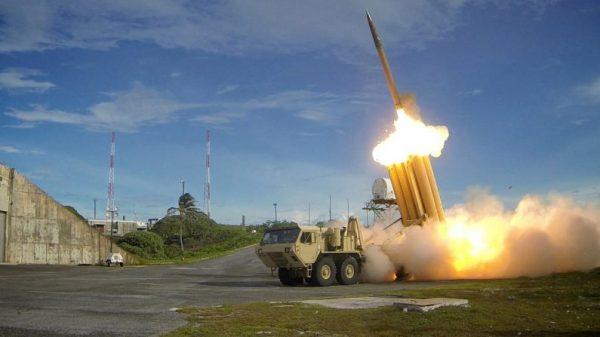
That’s quite a strategic knock-on effect from mere economic pressure. It also energized opposition voices in South Korea, allowing them to claim the U.S. relationship wasn’t worth the economic or security “costs” of offending China. The alliance with the United States was at least shaken.
Making things even worse, when Beijing clamped down economically on South Korea, the Trump administration did not take advantage of the opportunity and step in and back up Seoul. Instead, South Korea was left to suffer and fend for itself.
Specific Example: Steeling the Economic Relationship
The United States needs to remind the South Koreans why they like (or liked) us, the benefits of being connected to America, and that China is not where their economic futures lie. Or at least they shouldn’t want it to be, if only because Beijing has now shown it is willing to damage their economy to extract supplication. This time it was THAAD, no saying what it would be next time.South Korea already has obtained what other nations crave to get closer to the United States: a free trade agreement. This was renegotiated and ratified in the Trump administration, with a side deal on voluntary export restraints (VER) on Korean steel to the United States.
The VER was in return for an indefinite exemption from the Trump administration’s Section 232 tariffs on steel.
These tariffs should be dropped immediately. They are just supporting inflation in the United States. In fact, announcing that these will end might help the market’s psychology and perceptions of supply. The tariffs drove some South Korean makers to shift exports to new markets like India. One could perhaps argue that it encouraged manufacturers to look at putting some production inside the U.S. tariff wall, but I am not sure any of that occurred.
More importantly, the tariffs showed that Washington couldn’t distinguish friend from foe. All imports were evil, and Nippon Steel (Japan), BHP (Australia), and Hyundai (South Korea) were treated as roommates with Severstal (Russia) and Baowu Steel (China).
The Biden administration would have to drop these tariffs with the steelworkers’ union shouting in its ears, but perhaps with a grateful nod from the auto and appliance industries. It could undoubtedly be timed to help President Yoon with a show of support. And figure out what else the United States can do to bolster the South Korean economy.
A Comprehensive Approach
But what if China finds an excuse to “pull another THAAD” on South Korea?Some commentators call for an “Economic Article 5” between the United States and its friends. That refers to Article 5 of the NATO Treaty, which declares that a military attack on one country is an attack on all nations and that mutual assistance will be forthcoming.
Fighting Back
The United States should have had the South Korean flank and stepped in to provide direct economic support and concessions.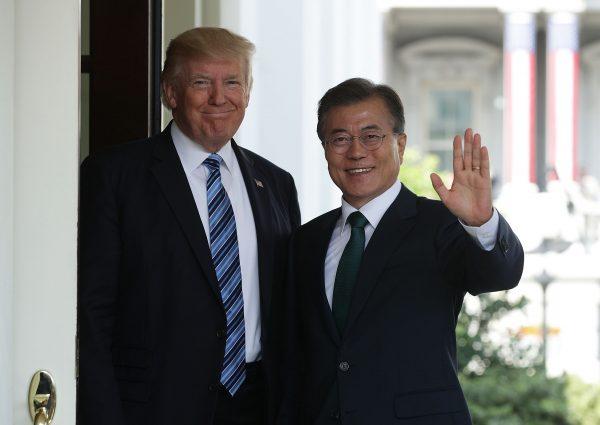
But even better, the Trump administration should also have taken some commensurate action on Chinese investment in the United States to send a message.
While one reasonably asks what’s not to like about the idea of making China uncomfortable, there is a role for discretion.
Coordinate a dozen of these within a week to cause reputational and, where possible, share price damage to Chinese firms and then have some media speculate openly whether the “hostile economic coercion” by China on an American friend is opening the eyes of the business community and government.
Don’t let it look like a political gesture. Make it look like a broad repudiation of China’s narrative.
Too subtle? Maybe. But one would enjoy seeing everything from a rained-out picnic in Shanghai to an electrical fire on a COSCO container ship ascribed to the United States. Let them exhaust themselves chasing their tails.
The Biden team—and any U.S. government officials serving any administration—should remember that it is better to be in a country where the people, Congress, and the Executive all believe that allies should be supported. We act on it generously and without hesitation. And economics and security are not two separate things.
The Trump administration neglected to do this in 2017 with South Korea. The United States now has another chance to get it right.
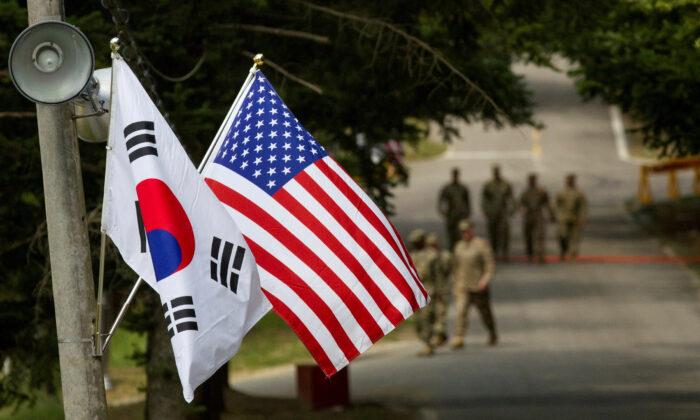

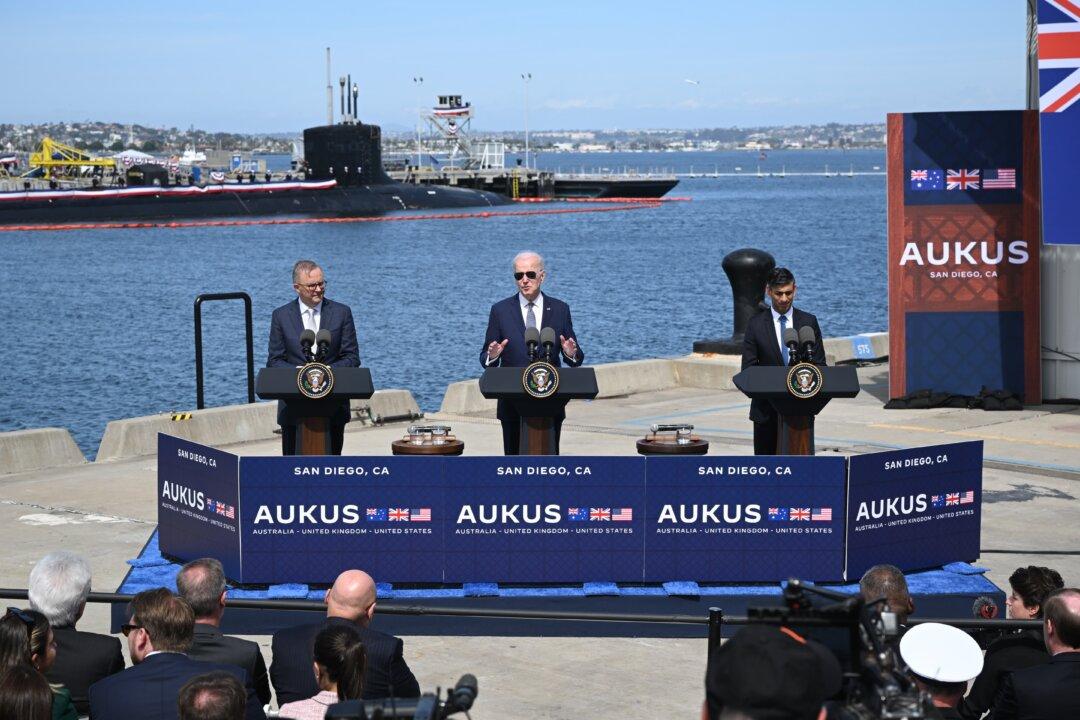
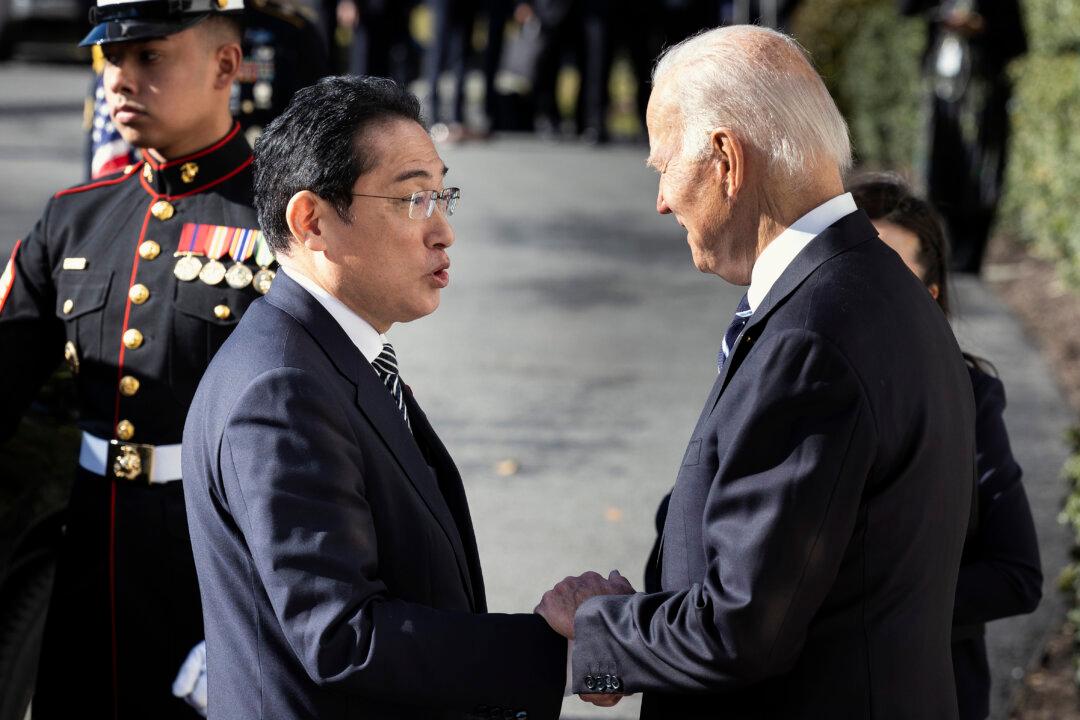

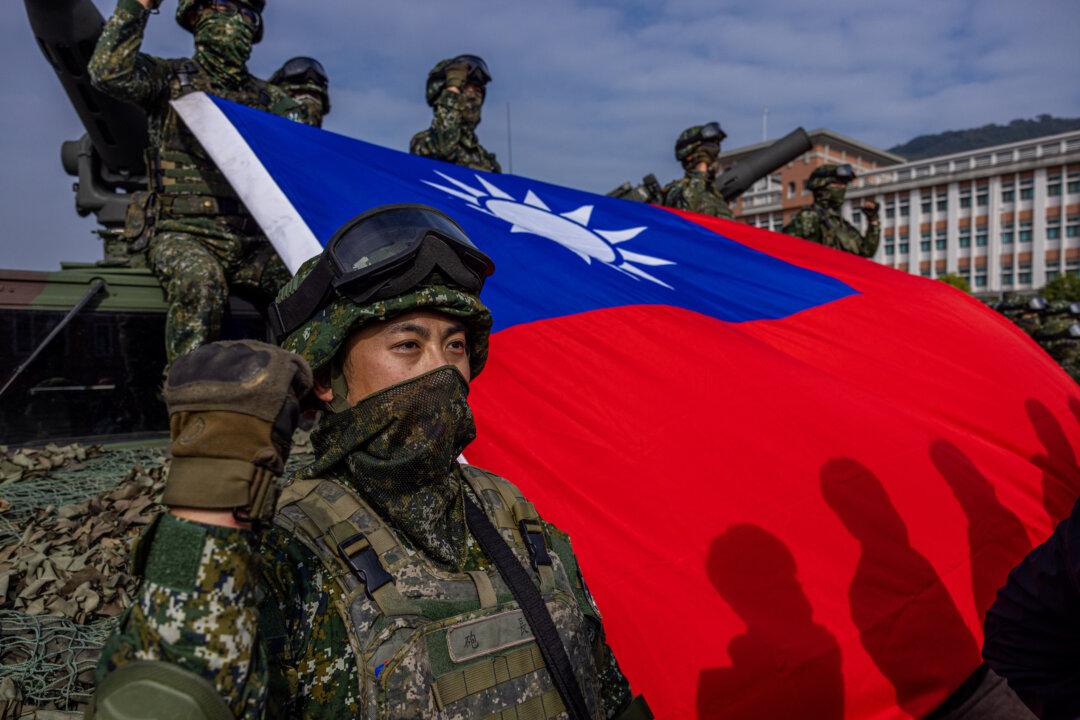
Friends Read Free